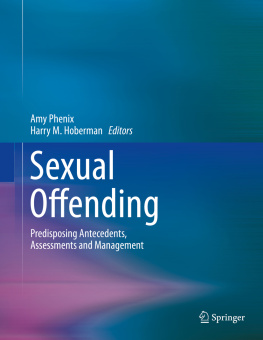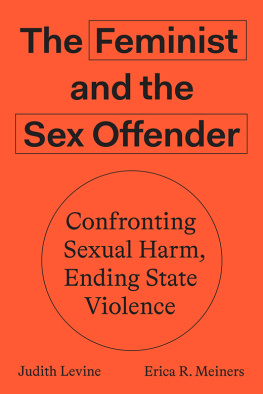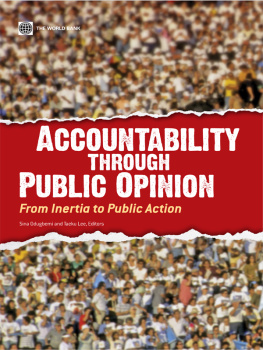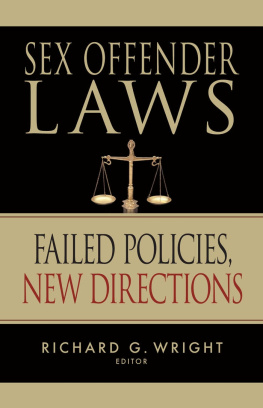Kelly Richards - Desistance from Sexual Offending: The Role of Circles of Support and Accountability
Here you can read online Kelly Richards - Desistance from Sexual Offending: The Role of Circles of Support and Accountability full text of the book (entire story) in english for free. Download pdf and epub, get meaning, cover and reviews about this ebook. year: 2021, publisher: Routledge, genre: Home and family. Description of the work, (preface) as well as reviews are available. Best literature library LitArk.com created for fans of good reading and offers a wide selection of genres:
Romance novel
Science fiction
Adventure
Detective
Science
History
Home and family
Prose
Art
Politics
Computer
Non-fiction
Religion
Business
Children
Humor
Choose a favorite category and find really read worthwhile books. Enjoy immersion in the world of imagination, feel the emotions of the characters or learn something new for yourself, make an fascinating discovery.

- Book:Desistance from Sexual Offending: The Role of Circles of Support and Accountability
- Author:
- Publisher:Routledge
- Genre:
- Year:2021
- Rating:4 / 5
- Favourites:Add to favourites
- Your mark:
Desistance from Sexual Offending: The Role of Circles of Support and Accountability: summary, description and annotation
We offer to read an annotation, description, summary or preface (depends on what the author of the book "Desistance from Sexual Offending: The Role of Circles of Support and Accountability" wrote himself). If you haven't found the necessary information about the book — write in the comments, we will try to find it.
This book explores how Circles of Support and Accountability can reduce sexual reoffending. The release of a notorious sex offender from prison strikes fear into members of the public. Media coverage often provokes further panic, casting such offenders as irredeemable monsters and ticking time bombs, destined to continue preying on innocent children and women. In the West, governments have responded by enacting heavily punitive and exclusionary policies, such as public sex offender registers, indefinite detention, and lifetime correctional supervision.
A radically different approach Circles of Support and Accountability (CoSA) emerged alongside these measures. CoSA are groups of trained volunteers who collectively resist the exclusionary impulse, instead actively supporting those with sexual offence convictions to reintegrate into communities. Despite their seemingly counterintuitive nature, the research is clear that CoSA reduce sexual reoffending far better than more popular draconian sex offender management policies. However, little is understood about how CoSA work.
This book begins to address this gap by proposing a new way of understanding how CoSA reduce sexual reoffending. Drawing on 65 in-depth interviews with CoSA participants, it offers a new theoretically-informed empirical explanation of CoSAs capacity to promote desistance from sexual offending, and to turn those convicted of sexual offenders into law-abiding and productive members of the community. Ultimately it is a call to action, demonstrating that we, the community, must play a more central role in integrating people with sexual offence convictions if we desire safer communities for our children and our selves. This work illuminates new directions for research, policy, and practice, and is essential reading for academics and students engaged in the study of criminology and criminal justice, restorative justice, sexual violence, and reentry
Kelly Richards: author's other books
Who wrote Desistance from Sexual Offending: The Role of Circles of Support and Accountability? Find out the surname, the name of the author of the book and a list of all author's works by series.





